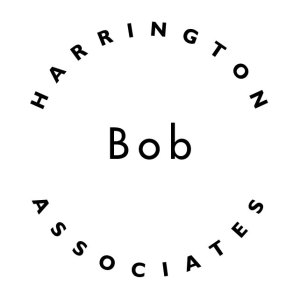In this Issue:
Resume Killers
Resume writing is a tedious but very important time-consuming process. Even though your resume took you hours to write, hiring managers and recruiters will typically spend less than one minute reviewing it. To ensure your resume gets the attention it deserves, avoid these blunders:
Not bothering with a cover letter
Cover letters are an important part of the process. Highlight your accomplishments to entice the employer/recruiter to read your resume.
Spelling mistakes and grammatical errors
Always proofread your resume. Do not rely on spell-check. This lack of attention to detail on this important document says volumes about you and often dooms your chances.
Opening objectives
These are usually generic and do nothing to differentiate one candidate from another. Always customize your cover letter and resume for each position to which you apply. A summary of qualifications that conveniently displays your skills, experience and accomplishments is far more effective than an “Objective” statement.
Focusing on duties, not accomplishments
Details of every duty in every job you ever had are not as important as how you contributed to your company’s bottom line. Managers and recruiters need to know at a glance what makes a candidate special. Duties should reflect responsibilities to quantify your experience. Avoid “boilerplate” duties.
False information
Companies can verify dates of employment, degrees, certifications, etc. – often after you start. If you have lied, they will fire you. Stretching employment dates to cover gaps is a no-no.
A lack of professionalism
Colored paper, cutesy fonts, childish email addresses and links to personal web sites all scream unprofessional and are a turn-off to hiring managers and recruiters. You differentiate yourself by what you have been able to accomplish not with glitz or showmanship.
Going long
Your resume should be no more than two pages, no matter what. Include everything but detail your most recent employment (last three jobs covering 10 to 15 years) and relevant work history. Leave off the activities from high school or college if graduation was more than five years ago.
Gaps in work history
While job seekers should account for gaps, they need to be careful with their wording. Never put anything negative on your resume. Do not include the reason you left every job. Save the details and explanations for the interview.
Personal information
Unless your hobbies relate to your career, they don’t belong on your resume. The same goes for height, weight, religious affiliation, sexual orientation or any other facts that could potentially be used against you.
Excessive bragging
Stating one’s accomplishments is vital, but when it’s overdone or exaggerated, it’s a huge turnoff.
Assuming too much
Include the product and market mix of the companies you have worked for. Your industry specific experience is very important, so don’t assume the reader will know what your company does.
References: Available upon request
Don’t waste space stating this. The manager or recruiter will request references if needed.
Use this conventional wisdom as a guide to writing a resume that gets the attention you deserve and doesn’t get deleted for the wrong reason.
